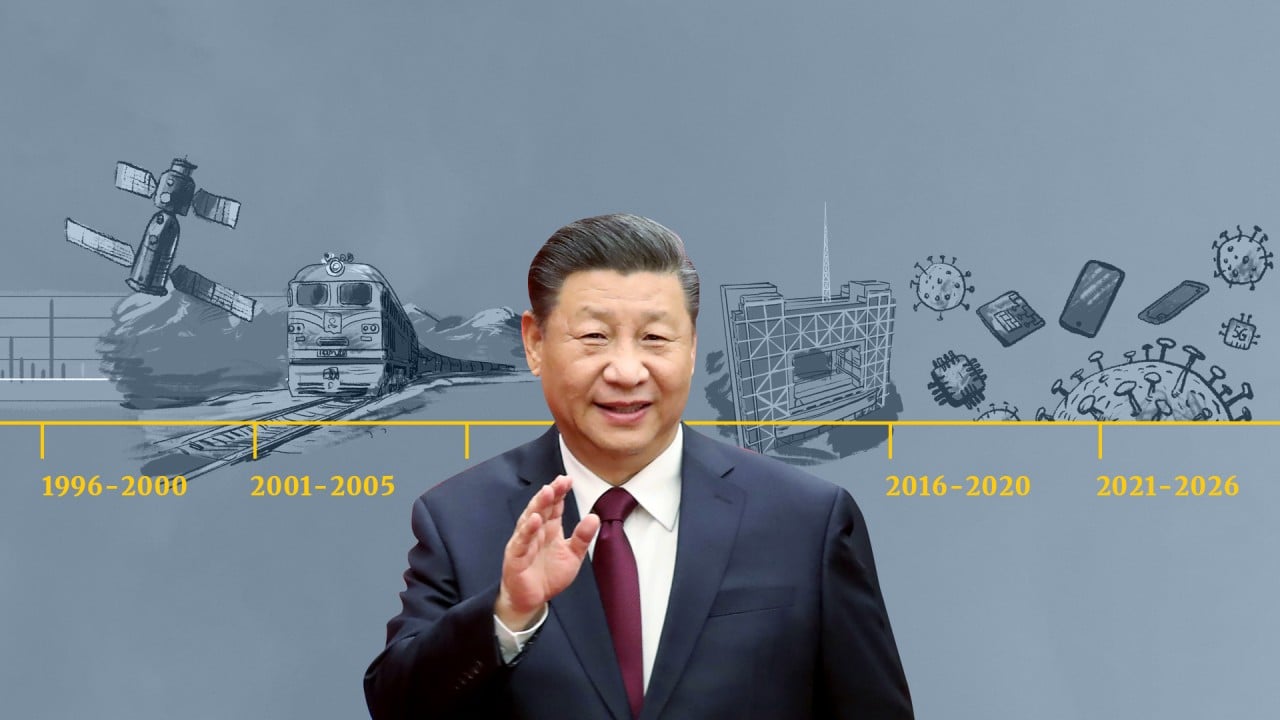Advertisement
China pledges to improve veteran benefits in latest five-year plan
- For the first time Beijing has devoted a separate section of its all-encompassing policy document to welfare of ex-military
- The plan includes job training improvements, jobs for family members and preferential household registration for their children
Reading Time:2 minutes
Why you can trust SCMP
1

China has pledged to improve the welfare and benefits for its military veterans in its latest five-year plan, from 2021-25, amid what it sees as an increasingly hostile international environment.
“[We] must improve the quality of service to our veterans,” read a draft of the 14th five-year plan made public last Friday. “[We] must broaden their employment opportunities and improve the quality of their settlement.”

05:57
SCMP Explains: China’s five-year plans that map out the government priorities for development
SCMP Explains: China’s five-year plans that map out the government priorities for development
The plan also calls for job training improvements, job arrangements for veterans’ family members and preferential household registration for their children.
It is the first time China’s five-year plan – an all-encompassing policy document by the central government – has devoted a separate section to lay out policies and plans for veterans. China also recently passed laws to provide legal mandates for veterans’ benefits and is drafting more.
Zhou Qiang, China‘s top judge, pledged on Monday in his annual report to the National People’s Congress that courts at all levels would step up protection of legal rights for servicemen and their families. He also made public a typical case in which a court in the central province of Hunan helped with a civil case that involved a family member of a soldier stationed in Tibet.
The plan was announced as Beijing sought to boost confidence in the military in what China sees as an increasingly insecure world. Last month, China confirmed it lost four soldiers during a deadly border clash with Indian troops at the Himalayan border in June. And a People’s Liberation Army spokesperson reiterated on Monday that China would not commit to giving up military actions against Taiwan if necessary.
Advertisement